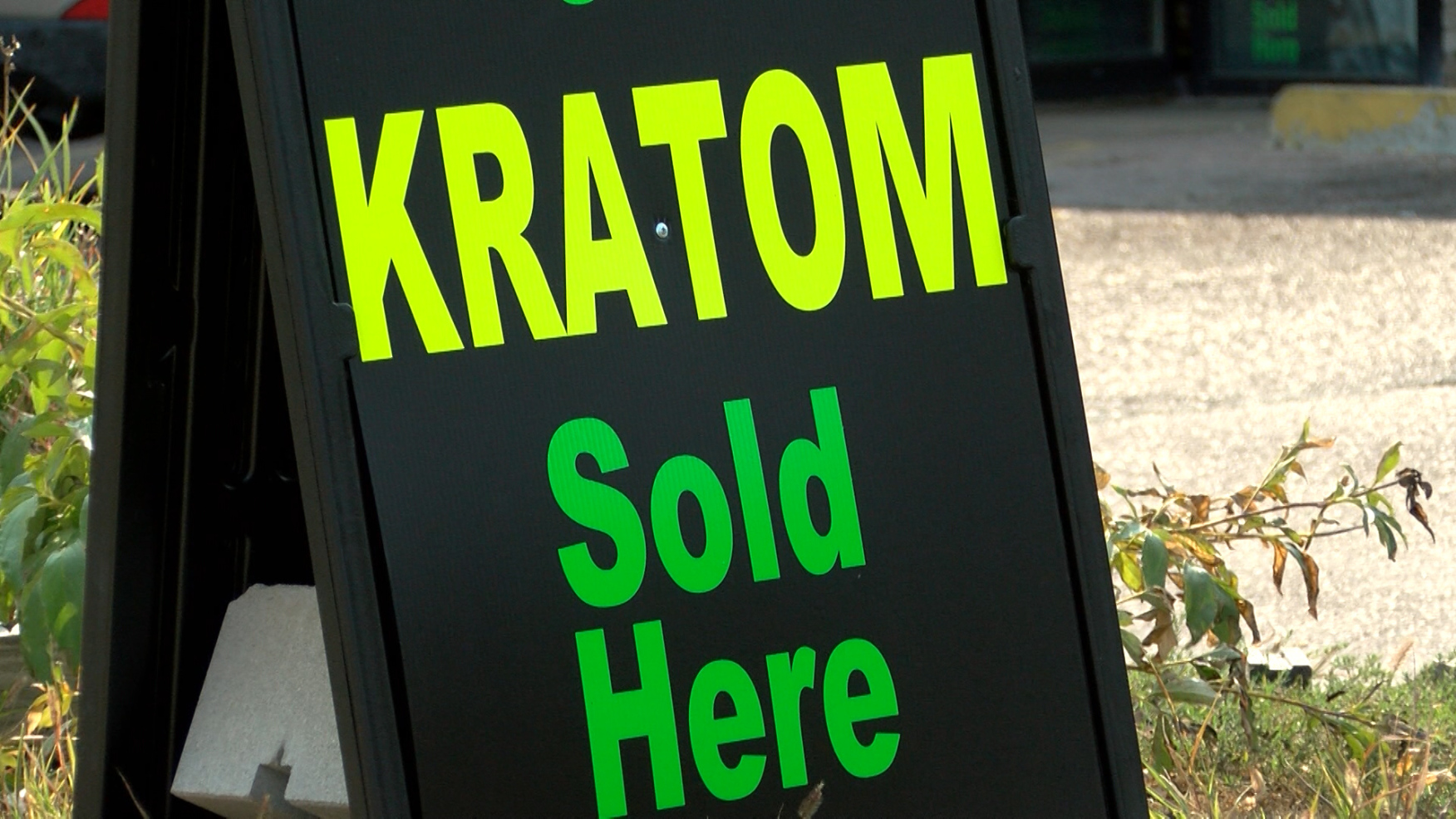The U.S. Food and Drug Administration (FDA) has once again cautioned consumers about the potential dangers associated with kratom use. Kratom, a plant-based substance often marketed for its purported benefits in managing pain and opioid withdrawal, is under scrutiny for its risk of serious adverse effects.
The FDA highlights that kratom has not been approved for any medical use and poses significant health risks, including liver toxicity, seizures, and dependency. The agency emphasizes that kratom products, often sold as dietary supplements, have not undergone rigorous safety evaluations, leading to concerns about their purity and consistency.
Consumers are urged to avoid using kratom and seek alternative treatments that are FDA-approved and clinically tested. For more detailed information on the FDA’s stance and ongoing regulatory efforts, visit the original announcement on the FDA website.



















